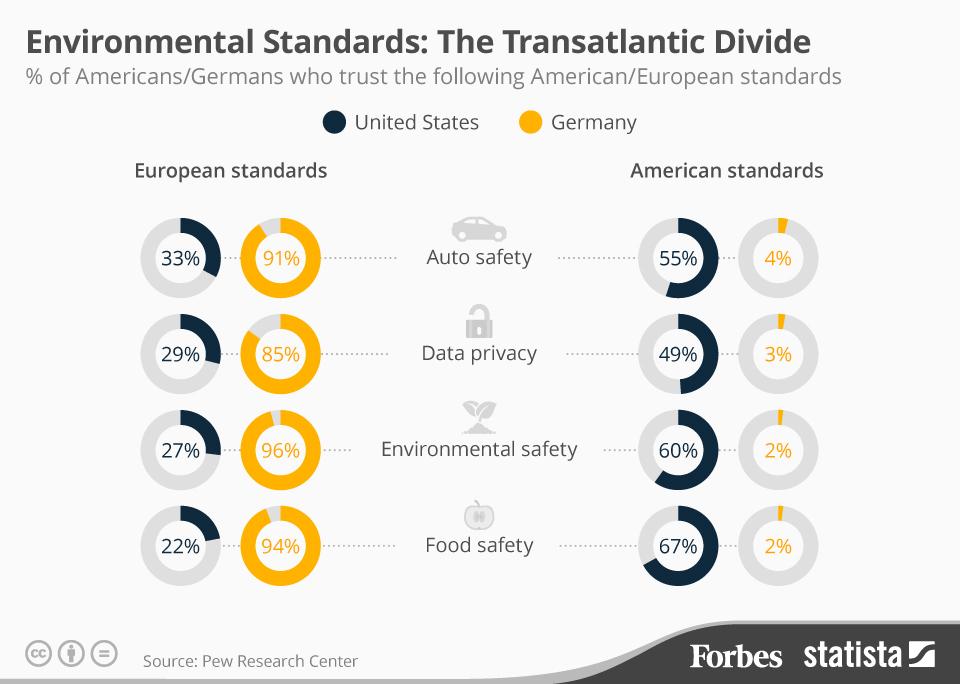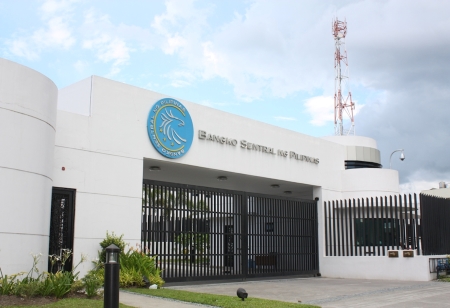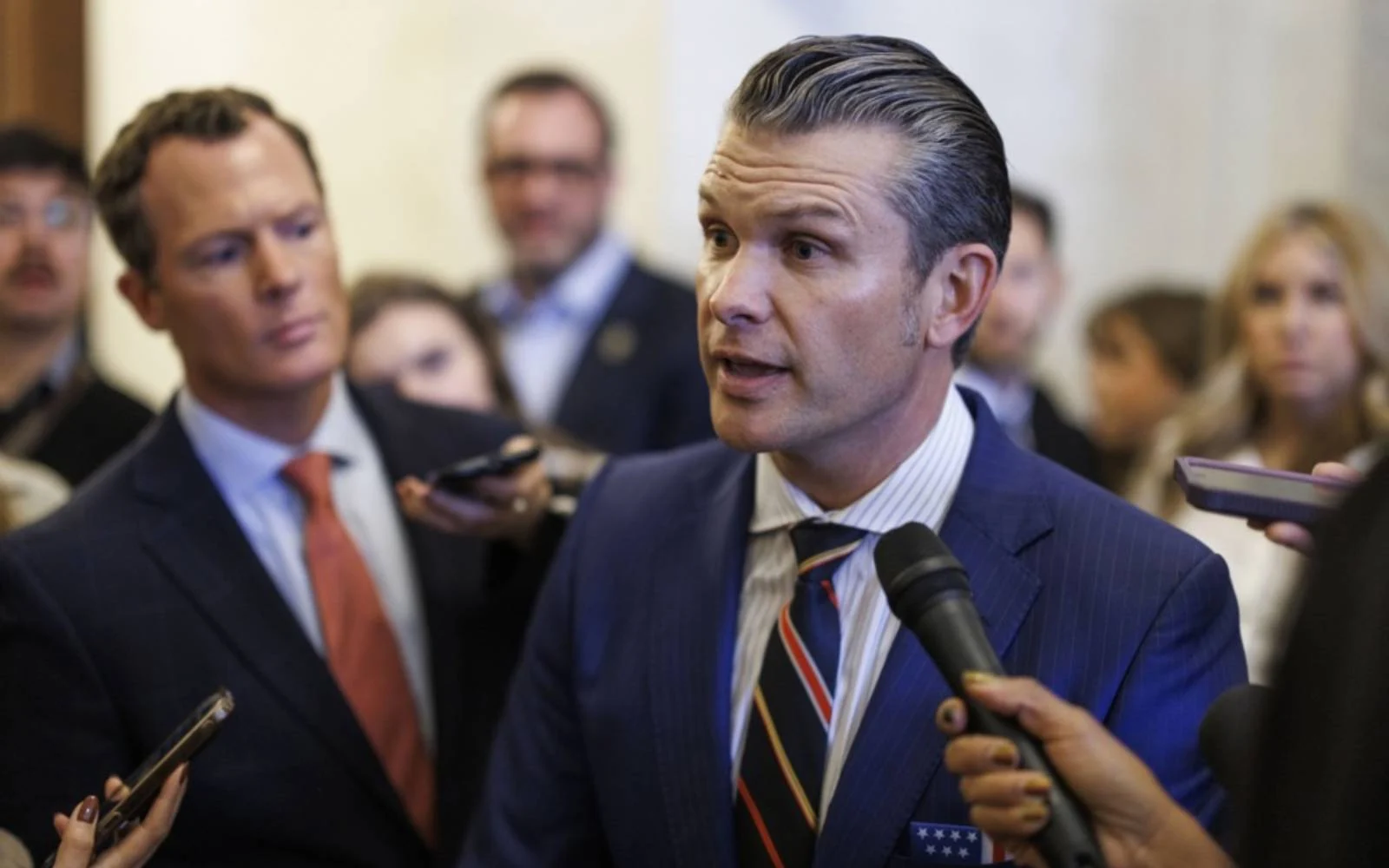Navigating The Transatlantic Divide: Trump's Impact On European AI Rulemaking

Table of Contents
The Rise of the GDPR and its Influence on AI Regulation
The General Data Protection Regulation (GDPR), enacted in 2018, stands as a cornerstone of European data protection law. Its impact reverberates throughout the AI sector, significantly shaping the ethical considerations and regulatory frameworks surrounding AI development. The GDPR's emphasis on individual rights, data minimization, and explicit consent has profoundly affected how personal data can be collected and processed for AI training. This has led to:
- Impact on data collection for AI training: The GDPR's stringent requirements have forced AI developers to rethink data collection strategies, prioritizing ethical and transparent methods that comply with user consent. This has increased the cost and complexity of training AI models.
- Increased scrutiny of algorithmic transparency and accountability: The GDPR encourages algorithmic transparency, demanding explanations for automated decisions impacting individuals. This has increased pressure on companies to explain how their AI systems work and to ensure fairness and accountability in their algorithms.
- Challenges posed to transatlantic data flows: The GDPR’s strict rules on data transfers outside the EU created significant challenges for businesses operating across the Atlantic, requiring them to navigate complex legal frameworks and demonstrate compliance with EU data protection standards.
Trump's "America First" Approach and its Transatlantic Implications
The Trump administration's "America First" approach, characterized by protectionist trade policies and a retreat from multilateral agreements, had a substantial impact on international cooperation regarding AI standards. The prioritization of national interests over global collaboration created friction in the transatlantic relationship and spurred the EU to accelerate its own AI regulatory efforts. This manifested in:
- Impact on data sharing agreements: The Trump administration's skepticism towards international agreements hampered progress on data sharing initiatives crucial for collaborative AI research and development.
- Increased focus on "digital sovereignty" in Europe: The desire to reduce dependence on US technology and data infrastructure fueled a push for "digital sovereignty" in Europe, strengthening the impetus for independent AI regulation.
- Challenges to collaborative AI research projects: The lack of transatlantic trust and cooperation hindered joint research projects, forcing European researchers to explore alternative partnerships and funding sources.
Impact on Data Privacy and Cross-Border Data Flows
The tension between US and EU data privacy frameworks came into sharp focus with the Privacy Shield, a framework designed to facilitate data transfers between the two regions. Its invalidation by the Court of Justice of the European Union (CJEU) in 2020 further exacerbated the already existing challenges:
- Challenges for companies operating on both sides of the Atlantic: The absence of a robust legal mechanism for transferring data between the US and EU created significant hurdles for companies operating transatlantically, requiring them to explore alternative, often more cumbersome, solutions.
- The search for alternative data transfer mechanisms (e.g., SCCs): Companies sought alternative mechanisms like Standard Contractual Clauses (SCCs) to transfer data legally, but these processes are complex and require substantial legal expertise.
- The potential for fragmentation of the global AI market: The diverging data privacy regulations threaten to fragment the global AI market, creating separate regulatory ecosystems on either side of the Atlantic and potentially hindering innovation.
The Long-Term Effects on European AI Strategy
Trump's policies left a lasting imprint on the EU's AI strategy and regulatory landscape. The emphasis on data protection and digital sovereignty propelled the EU to adopt a more proactive and independent approach to AI governance. This has resulted in:
- Increased investment in European AI research and development: The desire for technological independence spurred increased investment in European AI research and development, aiming to foster a thriving European AI ecosystem.
- Strengthening of European data protection standards: The GDPR, strengthened further by the EU's AI Act, establishes robust data protection standards, positioning Europe as a leader in responsible AI development.
- The ongoing development of a comprehensive EU AI Act: The EU's ambitious AI Act aims to regulate AI systems based on their risk level, promoting responsible innovation and protecting fundamental rights.
Conclusion:
Trump's presidency undeniably left a significant mark on European AI rulemaking. His "America First" approach, coupled with the inherent tensions surrounding data privacy, significantly accelerated the EU's pursuit of independent AI regulation, emphasizing digital sovereignty and robust data protection. Key takeaways include a stronger focus on European digital sovereignty, the strengthening of data protection standards, and a potential for a more fragmented global AI market. The lasting impact of these policies will continue to shape the development and adoption of AI technologies in Europe for years to come. Stay informed about the evolving landscape of transatlantic AI regulation and the lasting legacy of Trump-era policies. Understanding Trump's impact on European AI rulemaking is crucial for navigating the complexities of the global AI landscape.

Featured Posts
-
 Tariff War Leading Philippine Bank Ceo Forecasts Economic Challenges
Apr 26, 2025
Tariff War Leading Philippine Bank Ceo Forecasts Economic Challenges
Apr 26, 2025 -
 Are Empty Shelves Coming Anna Wongs Perspective
Apr 26, 2025
Are Empty Shelves Coming Anna Wongs Perspective
Apr 26, 2025 -
 Increased Security Measures For High Risk Ajax Vs Az Football Match
Apr 26, 2025
Increased Security Measures For High Risk Ajax Vs Az Football Match
Apr 26, 2025 -
 Ai Transforms Repetitive Scatological Documents Into Engaging Podcasts
Apr 26, 2025
Ai Transforms Repetitive Scatological Documents Into Engaging Podcasts
Apr 26, 2025 -
 Shedeur Sanders Nfl Draft Projection And New York Giants Rumors
Apr 26, 2025
Shedeur Sanders Nfl Draft Projection And New York Giants Rumors
Apr 26, 2025
Latest Posts
-
 Should You Return To A Company That Laid You Off A Guide To Your Decision
Apr 26, 2025
Should You Return To A Company That Laid You Off A Guide To Your Decision
Apr 26, 2025 -
 Pete Hegseth On Pentagon Chaos Exclusive Details On Leaks Polygraph Threats And Internal Conflicts
Apr 26, 2025
Pete Hegseth On Pentagon Chaos Exclusive Details On Leaks Polygraph Threats And Internal Conflicts
Apr 26, 2025 -
 Exclusive Polygraph Threats Leaks And Infighting Shake Up The Pentagon Pete Hegseth Responds
Apr 26, 2025
Exclusive Polygraph Threats Leaks And Infighting Shake Up The Pentagon Pete Hegseth Responds
Apr 26, 2025 -
 Pentagon Leaks And Infighting Pete Hegseths Exclusive Reaction To Polygraph Threats
Apr 26, 2025
Pentagon Leaks And Infighting Pete Hegseths Exclusive Reaction To Polygraph Threats
Apr 26, 2025 -
 Harvard University Reform Insights From A Conservative Professor
Apr 26, 2025
Harvard University Reform Insights From A Conservative Professor
Apr 26, 2025
